According to Dr. William Coulson, a disciple and coworker of Carl Rogers (who, along with Abraham Maslow, were the pioneers of the 1960s “human potential movement”) during the late-1960s and 70s, a “self-fulfillment” model of psychology replaced the traditional “self-sacrifice” model that had existed within the Catholic Church. Throughout the 60s and 70s, Coulson trained “facilitators” on the precepts of the human potential movement at the Western Behavioral Science Institute in La Jolla, California. Coulson said: “Our biggest single vocational group coming for facilitator training for a number of years, into the late 1970s, was Catholic priests and nuns and teaching brothers, all of whom thought that Rogers’s methods of nondirective therapy applied to group work would be a very useful vehicle for making deeper contact with their students, and for helping them to become better Catholics…”
As a child of the 1970s, I was sadly at the forefront of this massive mind-bending effort. But, yet, as a little boy, I was also the unwitting subject: as I had no idea what was being done to me. Since then, all of my discernment – is the product of later investigation and awareness. For instance, I have a strong memory of receiving my First Holy Communion; not so much for the significance of the event, but because of the excitement surrounding the occasion. When we processed into the church, I can still hear the hymn “We Come to Your Table;” with the final verse going like this: “In your body we are one, we come to your table; One with you and one another, we come to your table.” And, that is precisely how I saw it: as one big party; a banquet with Jesus and my friends. A time for celebration, friendship, parties – with Christ somewhere on the periphery. And that informality and lack of understanding stayed with me. In addition, the following year, I made my first Reconciliation; oddly not before receiving the Eucharist – at which point, it should have taken place. Therefore, there was a real disconnect between my personal life choices and my relationship with God. They were different.
After receiving the two Sacraments, my relationship with Jesus was pretty undeveloped. In high school, it never moved on. In my mind, Jesus was a good guy. A real humanitarian. But, was He God? That had never been introduced. It was all about my personal feelings: getting comfortable with myself – and, herein, was introduced, very subtly, the pop-psych theory of “the hierarchy of needs.” Which on the most basic level, included food, water, and sex. In a nutshell, certain needs had to be met before one could go looking for God. In other words, I had to find myself first. Today, this all smacks of the same really bad 70s philosophy that spawned the “Me Generation.” Yet, it was taught as gospel. I believed that only I could discover God; and only after I learned to “love” myself. I had to have “self-esteem.” But, what would all this self-love be based on? Would I be the sole arbiter of my own happiness? Could I alone create contentment in my heart? Where was God? Those questions were never answered. For the most part, the hierarchy of needs was a dreadful harbinger of things to come. For, I spent most of my life wallowing within the bottom level – forever trying to fulfill my primitive needs: struggling to feel gratified by relaying upon my own hapless control and tragic confusion over what actually created real joy.
Thankfully, I got out of this mental mire. I learned that the only way to Love God – is to Know God. With Our Lord Jesus Christ, this must be done through study of the Scripture, prayer, and knowledge of Church History – most importantly the Lives of the Saints and the writings of the Church Fathers and the Doctors of the Church. After 13 years of Catholic education, I never owned a Bible or a rosary. I had to start from almost nothing.
*The first paragraph was taken, almost verbatim, from the excellent “Goodbye, Good Men” by Michael S. Rose.

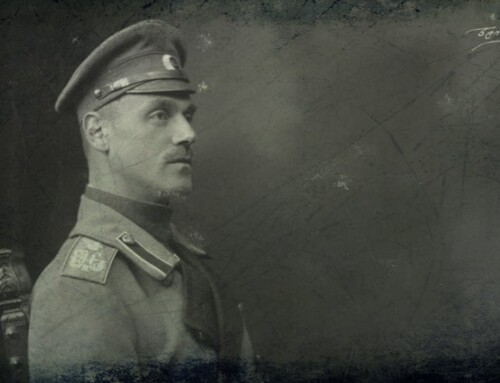
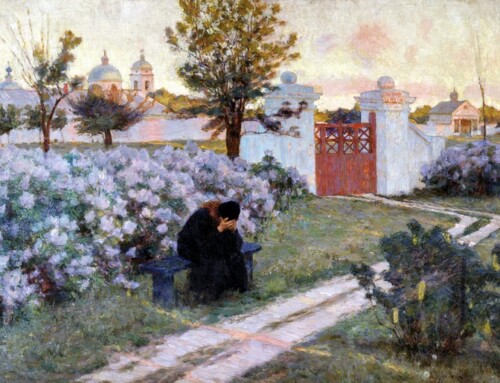
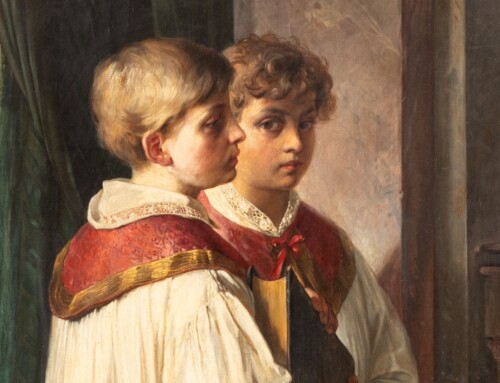
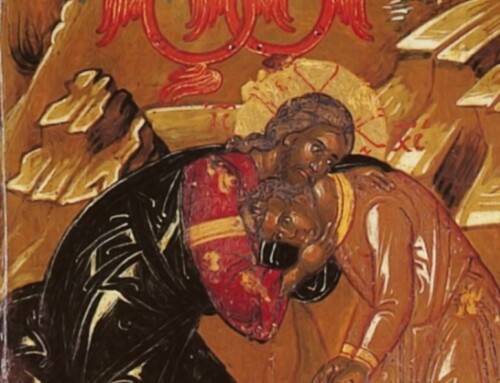
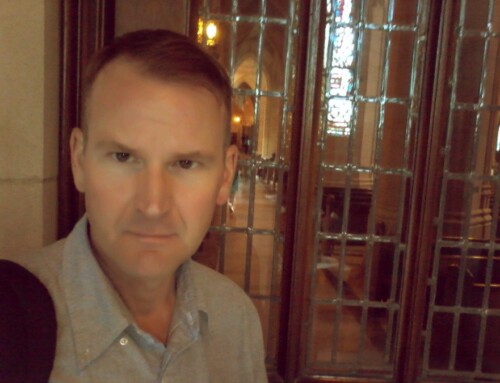
a good analysis of how traditional catholic education became corrupted. Catholic classes taught me very little about our Lord. The teachings were heavily inspired by the very worldly ideologies you describe. First communion was all about gifts.
I missed the sense of wonder and awe, of grace, of humility, of a true understanding of the nature of sin, repentance, and redemption I think it might be even harder to teach religion to children nowadays, as in this age of idolatry and fakery most of them are exposed to sci-fi series or movies like Harry Potter which are probably more alluring.
There is good news and bad news here. I have worked in my parish as a catechist for 15 years. When I was first made DRE, I gleefully threw out books purchased in the 80s. They were mushy troughs of feel good tripe–my husband's commentary on the books was, “it looks like they are trying to destroy their (the children's) faith.” The good news is that JPIIs promulgation of the CCC was a watershed that ushered in a new batch of catechetical works. The bad news is that the parents of today's teens were formed by the media and those bad decades of balloons and butterflies. Yes it is hard work–your average media saturated, public school educated teen today is a desert. No faith to speak of at home, the very place where they should be getting their first formation. The prosperity in this country doesn't make people hungry for the Way, the Truth and the Life. The good news is that we are truly experiencing a spring time. Young people are embracing the challenge of real Catholicism. Small Catholic colleges are springing up. the old orders of nuns are fading, dwindling. Young priests are receiving a better formation. New orders, with median ages in the 20s and 30s are gathering in more and more vocations. One day I feel we will look back on this post Vatican II bump as an unfortunate interlude but also as a period which gave birth to a new, stronger Catholic, embracing the real message of Vatican II ….and ready for persecutions to come.